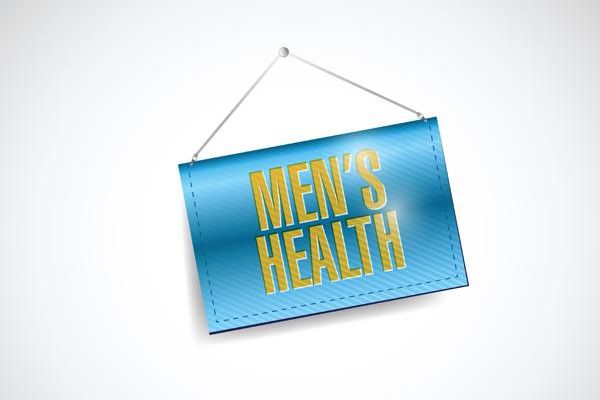Cholesterol is a waxy, fat-like substance that can build up on the walls of your arteries if your blood cholesterol level remains too high. This fatty buildup narrows arteries, which slows down or blocks blood flow to the heart. Eventually, this can lead to heart disease, chest pain or heart attack.
An estimated 106.7 million American adults have total blood cholesterol that would be considered high or borderline high. Young men have higher levels of low-density lipoprotein (LDL or "bad cholesterol") than young women, but after age 55, that reverses. LDL cholesterol typically increases in both men and women as they get older.
Both your diet and your family history can contribute to high cholesterol. Cholesterol-rich food sources include whole-milk dairy products, eggs, animal fats and meat; other food sources high in saturated and trans fats, such as coconut oil, cocoa butter, palm kernel oil and palm oil and partially hydrogenated oils—often found in processed (snack) foods—also can raise blood cholesterol levels.
If you have a family history of high cholesterol, you may also be at risk, even if your diet is low in cholesterol and saturated fats. Be sure to discuss your personal health history with your health care professional, mentioning any family members that may have battled high cholesterol.
High blood cholesterol has no immediate symptoms or warning signs. Everyone age 20 and older should have a cholesterol screening test at least once every five years. The most informative test is the "lipoprotein profile," which gives information about total cholesterol, LDL and HDL cholesterol and triglyceride levels. This screening test is done after a nine- to 12-hour fast.
The ranges below are for healthy men. Your cholesterol goals will be different if you have one or more risk factors for heart disease.
Total cholesterol
- Desirable less than 200 mg/dL*
- Borderline High 200-239 mg/dL
- High 240 mg/dL and above
Low-density lipoprotein (LDL or "bad cholesterol") is the main source of cholesterol buildup and blockage in the arteries. The lower your LDL level, the better for your heart.
- Optimal less than 100 mg/dL
- Near/Above Optimal 100-129 mg/dL
- Borderline High 130-159 mg/dL
- High 160-189 mg/dL
- Very High 190 mg/dL and above
High-density lipoprotein (HDL or "good cholesterol") helps keep cholesterol from building up in the arteries. The higher your HDL level, the better for your heart.
- Optimal 60 mg/dL or more
- Average 40-50 mg/dL
- Low/Undesirable less than 40 mg/dL
Triglycerides (another form of fat in the blood); high levels can raise your risk of heart disease.
- Normal 149 mg/dL or lower
- Borderline High 150-199 mg/dL
- High 200-499 mg/dL
- Very High 500 mg/dL and above
*Cholesterol levels are measured in milligrams (mg) of cholesterol per deciliter (dL) of blood. Values indicate degree of risk for developing heart disease.
Be sure to ask your health care professional what the results from your cholesterol tests mean for your health and make sure you understand his or her explanation.
There are several ways to lower high cholesterol, if your health care professional tells you that your cholesterol levels are not within normal ranges. Dietary changes, exercise and medication, or a combination of approaches, are options. Learn about steps you can take now to lower your cholesterol by clicking here.





